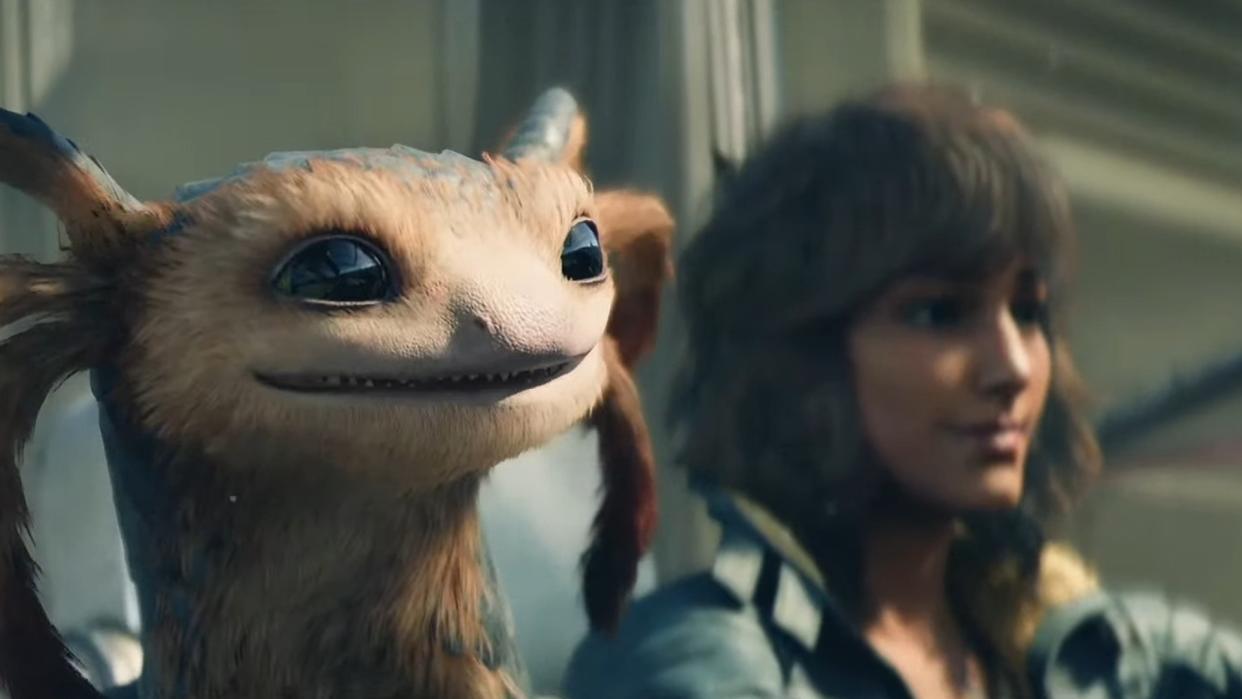Star Wars Outlaws lead explains how relationships with criminal factions "lends itself very well for an open-world game"

Star Wars Outlaws is looking like another beautifully faithful depiction of a galaxy far far away, but I'm more interested in roleplaying as a space scoundrel with criminal commitment issues, which this game happily also allows.
Star Wars Outlaws casts us as Kay Vess, a rogue Han Solo-type who begins the game loyal to no one but her alien raccoon pet Nix. That means Kay can form relationships and gain a reputation with several criminal organizations, called syndicates, from Jabba The Hutt's gang to the Crimson Dawn (which happens to house Emilia Clark's character from Solo: A Star Wars Story.)
You can improve your reputation with each faction by tackling quests and odd jobs for them, or slyly choosing one side during the game's choice-based sections. Kay might find compromising information about one gang, but you could decide to sell it to a rival for profit. Having a negative relationship with a faction will make them send bounties after you, but you'll still have access to all questlines because, again, space criminals have commitment issues.
"Freedom is her top value in life," lead systems designer Matthieu Delisle explains in an interview with Game Informer. "In that sense, her interaction with the syndicates is not one of allegiance. It's not even one of friendship, really, it's about how she uses the syndicates as much as they use her, to achieve her goals."
Delisle clarifies that we can work with all syndicates simultaneously without having to "really commit to one in particular." Rather than locking you in and out of certain scenarios, "reputation is really about how you as a scoundrel navigate the world and the underworld." This non-committal attitude "lends itself very well for an open-world game," Delisle continues. "You can choose to work for one syndicate, or you can choose to work for another, depending on your goals at the moment, so it's really empowering for player choice."
